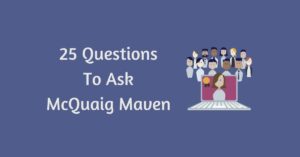 5 Great Tips to Help Forecast Your Annual Cash flow
5 Great Tips to Help Forecast Your Annual Cash flow
Many enterprises fail purely because they run out of cash. Focusing too much on profit, business owners don’t always realise that without a steady flow of cash, there is no business.
Good reason then, to know exactly how much cash goes through your books each week. Cash flow is essentially the difference between income and expenditure in any given period. Total them up and hope that your income is bigger than your expenditure, otherwise you’ll need to take action pretty quickly – hence the need to forecast. 5 tips to get you started Effective forecasting is an essential skill that’s easy to learn as a business owner. It lets you identify potential problems and act quickly. Financial literacy training helps you gain confidence in this area – here are five tips to give you a taste of what you’ll learn on our courses:- It’s difficult for start-ups to accurately estimate cash flow, so make sure the forecast is compared against actual figures at the end of each week.
- Revise assumptions as you go along, such as level of turnover and cash in-flows.
- Don’t leave anything out, however small – it makes a huge difference if money is going to be tight in a particular month.
- Start with a list of income and expenditure for four weeks initially, to keep things simple.
- Cash payments are recorded when they actually leave the bank account, rather than when the invoice arrives.





